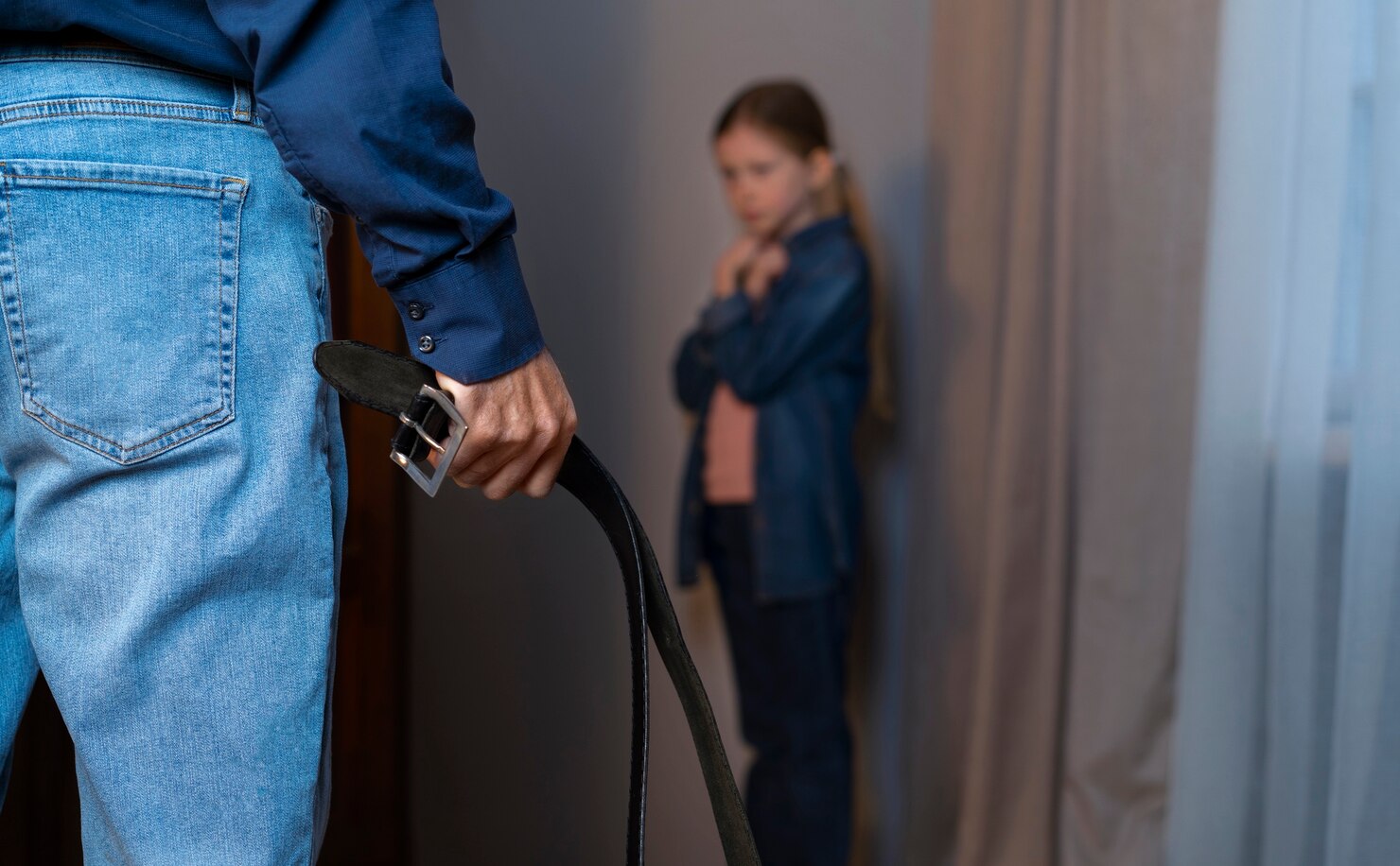Substance abuse deeply influences domestic violence dynamics, escalating aggression and impairing judgment. Victims’ challenges in seeking help due to fear and dependency underscore the need for integrated legal and social support.
Addressing domestic violence jail time requires balancing accountability with rehabilitation to break cycles of violence and promote long-term safety and healing.
1. Escalation of Violence and Severity
Substance abuse often escalates the severity and frequency of domestic violence incidents. Intoxication can lower inhibitions and increase impulsivity, leading to more aggressive behavior toward intimate partners or family members. The use of drugs or alcohol may exacerbate existing tensions or trigger conflicts that escalate into violence. Victims may experience heightened danger as perpetrators’ behaviors become more unpredictable and volatile under the influence, making escape or safety planning more challenging.
2. Impaired Judgment and Aggressive Behavior
Substance abuse impairs judgment and increases the likelihood of aggressive behavior in domestic violence cases. Intoxicated individuals may misinterpret or magnify minor conflicts, leading to violent outbursts. Alcohol and drugs can lower self-control and increase feelings of anger or resentment, resulting in physical or emotional abuse directed at partners or family members. This impaired judgment can prolong cycles of violence and hinder efforts to de-escalate conflicts or seek help, creating a volatile environment within the household.
3. Barriers to Seeking Help for Victims
Victims of domestic violence face significant barriers to seeking help when substance abuse is involved. Fear of retaliation, financial dependency, or emotional manipulation by the perpetrator may deter victims from reporting or leaving abusive situations. Substance-dependent victims may struggle with feelings of shame or guilt, compounded by societal stigma or misconceptions about addiction. Accessing support services or shelter may be complicated by their own substance use or concerns about child custody, exacerbating the challenges of seeking safety and recovery.
4. Legal and Judicial Considerations
Legal responses to domestic violence cases involving substance abuse require careful consideration of both immediate safety and long-term rehabilitation. Courts may need to navigate complex dynamics involving addiction treatment, protective orders, and child custody arrangements. Evidence of substance abuse can impact legal proceedings, influencing decisions on sentencing, probation terms, or mandatory rehabilitation programs for perpetrators. Balancing accountability with rehabilitation is crucial to ensuring the safety and well-being of victims while addressing underlying substance use issues within the judicial system.
5. Integrated Support and Intervention Strategies
Effective intervention in domestic violence cases requires integrated support strategies that address both the immediate safety and long-term recovery of victims and perpetrators. Collaborative efforts among law enforcement, social services, healthcare providers, and community organizations are essential to provide comprehensive support. This may include coordinated safety planning, access to substance abuse treatment, trauma-informed counseling, and legal advocacy. Tailored interventions that consider cultural, socioeconomic, and individual factors can help break cycles of violence and promote healing and resilience within affected families.
In conclusion, substance abuse complicates domestic violence, exacerbating aggression and impairing judgment, hindering victim support. Coordinated efforts across legal, social, and healthcare sectors are crucial. Addressing drug possession charges alongside domestic violence cases is essential for addressing substance abuse and ensuring long-term rehabilitation and safety.







